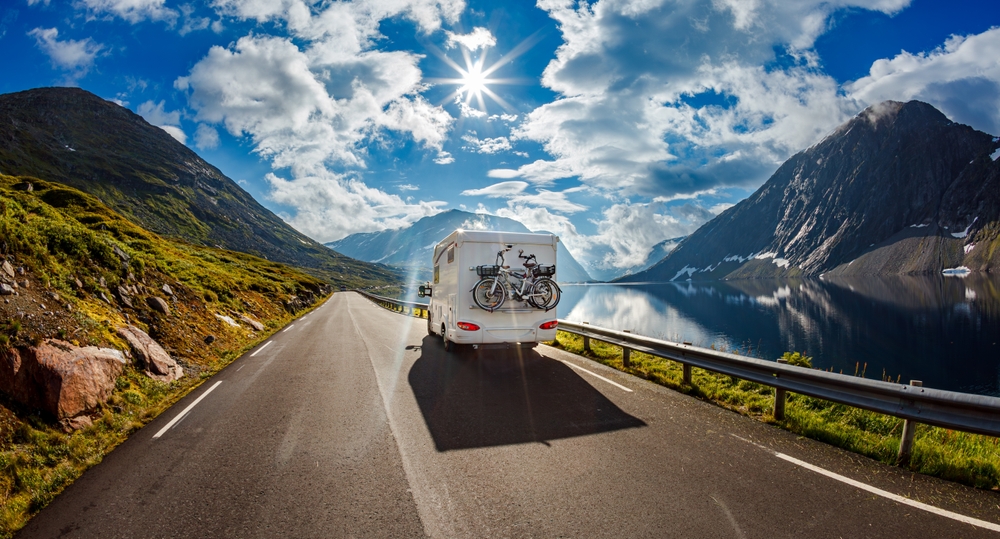The Resurgence of Caravan Travel: A Journey to Simplicity and Flexibility
From the nostalgic allure of kitschy roadside attractions to the charm of spontaneous pit stops, caravan travel is making a comeback in the travel and transportation industry. This article delves into the history of caravan travel, its current trends, and the impact it has on modern travelers.

The History of Caravan Travel
Caravan travel, also known as RVing (Recreational Vehicling), is not a new phenomenon. Originating in the early 20th century, it gained popularity post-WWII when families sought affordable ways to vacation. Caravanning offered the freedom to explore at one’s own pace, unencumbered by rigid itineraries or costly accommodations. Over the decades, this trend has seen periods of boom and bust, but it is currently experiencing a revival.
The Revival of Caravan Travel: Current Trends
Modern caravan travel is being redefined by a generation in search of authenticity and simplicity. Millennials and Gen Z travelers are drawn to the sense of freedom, flexibility, and adventure that caravan travel offers. The rise in remote work has also played a part, with people now able to take their work on the road.
The Impact of Caravan Travel
Caravan travel has several advantages. It offers a level of flexibility and control unparalleled by other forms of travel. It allows travelers to set their own pace, choose their own routes, and alter their plans on a whim. However, it also presents challenges, such as maintenance issues and the need for careful planning. Regardless, the impact it has had on travelers is significant, offering a return to simplicity and a break from the digital world.
The Research Behind the Trend
A recent study by the RV Industry Association shows a strong growth trajectory for RV travel. The study found that RV ownership has reached record levels, with more than 11 million U.S. households owning an RV, an increase of 26% over the past decade.
Extra Insights
- Caravan travel promotes a more sustainable form of tourism, reducing the carbon footprint by eliminating air travel.
- Some travelers have turned caravanning into a lifestyle, living full-time on the road.
- The rise in popularity of caravan travel has led to an increase in RV parks and campgrounds, boosting local economies.
In conclusion, the resurgence of caravan travel marks a shift towards a more flexible, spontaneous, and sustainable mode of travel. As more people seek authentic experiences and control over their journey, caravan travel offers an ideal solution. The trend is a testament to the evolving desires of modern travelers, underlining a return to simplicity and a break from our increasingly digital lives. With its rich history and promising future, caravan travel is a trend that is here to stay.






